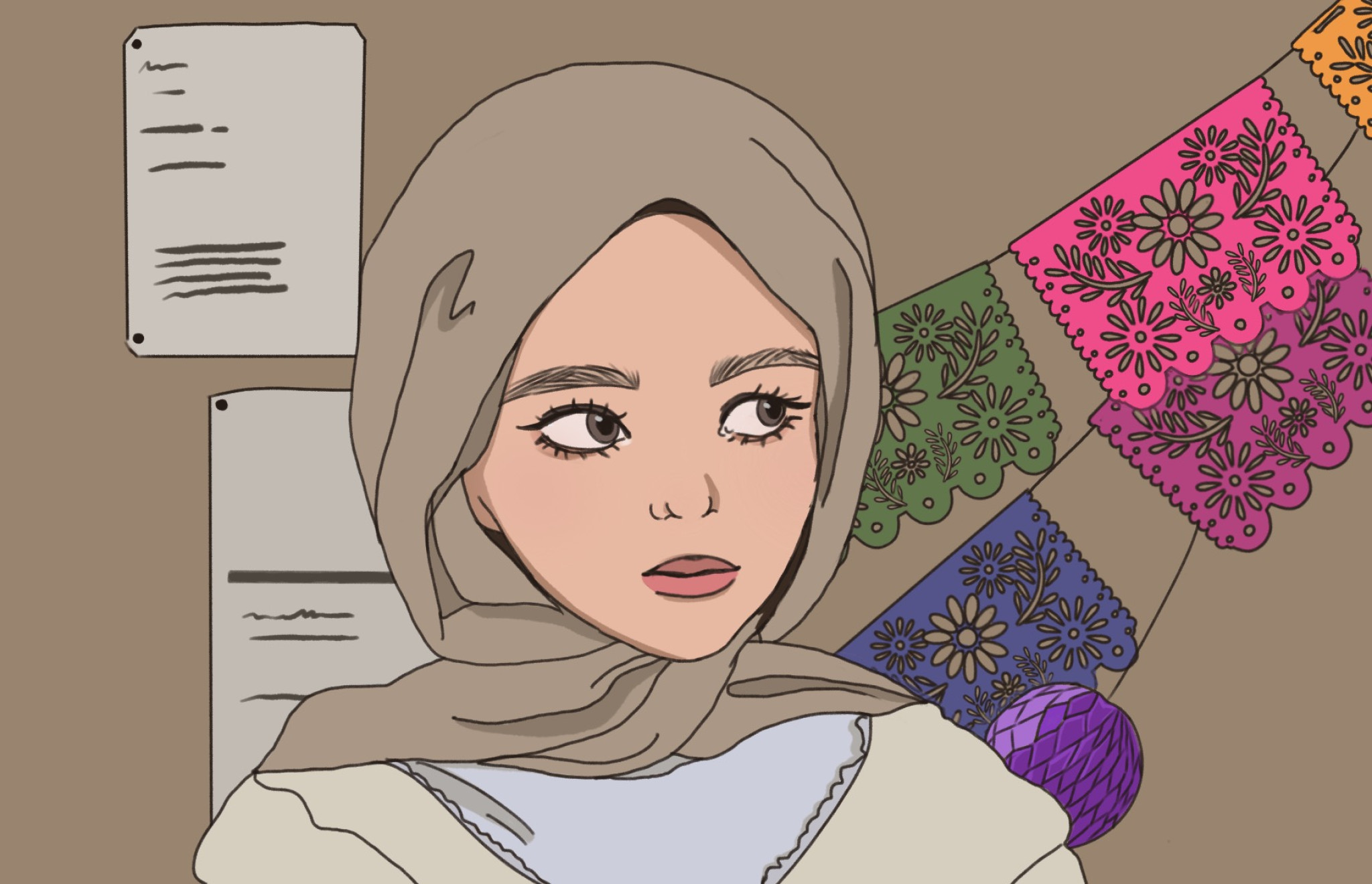For some white students, it can be an unlikely choice to take a Latinx studies course because some may feel it’s not for them. To imagine walking into a class in which you are obviously an outsider is scary, but perhaps the point.
As a culture-based set of courses, Latinx studies classes are focused on learning about culture (for everyone), not being from a certain one. Besides enriching the course selection at Berkeley High School, Latinx studies classes also offer a place for non-Latinx students who want to learn more.
Berkeley High is special in that it offers classes in Latinx and Chicanx literature and history. Other high schools don’t place as much of an emphasis on these important communities, but both Latinx and non-Latinx students have a place at BHS to explore new and familiar cultures.
Latinx studies classes have enriched course selection at BHS by offering classes for students to immerse themselves in a culture that makes up a large majority of the school’s population. While the Latinx studies department represents a large population of the school, it is represented by teachers who are actually Latinx. Teachers like Amanda Moreno and Rebecca Villagran are Latinx/Chicanx literature and history teachers, respectively, who teach their own culture and history to students who want to learn about it. A student in Moreno’s Latinx literature class, Sofia Amada Moncada Lopez, feels a deeper connection to this class than any of her other Academic Choice classes and sees her identity being highlighted.
Through these classes, students are able to learn about cultures that are almost never taught about in schools. Latinx and Chicanx history and arts are excluded from school curriculum or only mentioned briefly and in a generalized sense. The Latinx and Chicanx studies program at BHS offers students an escape from the eurocentric and anglicized curriculum they’ve endured for so long. “These classes are different than regular English and History because you can actually see yourself in the material which makes you excited to learn and genuinely curious,” Lopez said.
One thing that could be improved is making these classes seem more accessible to non-Latinx students. Seeing a course name such as Latinx Literature may dissuade some students from signing up because they feel that it is not a class they’re allowed to take if they are not Latinx. Classes at BHS are not segregated and the majority are open to all. Latinx studies classes are freely available to non-Latinx students, but they may not fully understand that. “It’s so important to have not only Latinos go into these classes but other ethnicities as well,” Lopez says. “It can help them find a new appreciation for your culture or have them interested in learning about more cultures,” she concluded.
Latinx and Chicanx studies courses are truly an amazing addition to BHS and provide a unique view. The content appeals to everyone who is interested and is available to all. Lopez says that “there is no need to ‘trick yourself’ into being interested. You are automatically interested because it’s about your people, your history, you can see your ancestors’ stories within the stories of others.”





